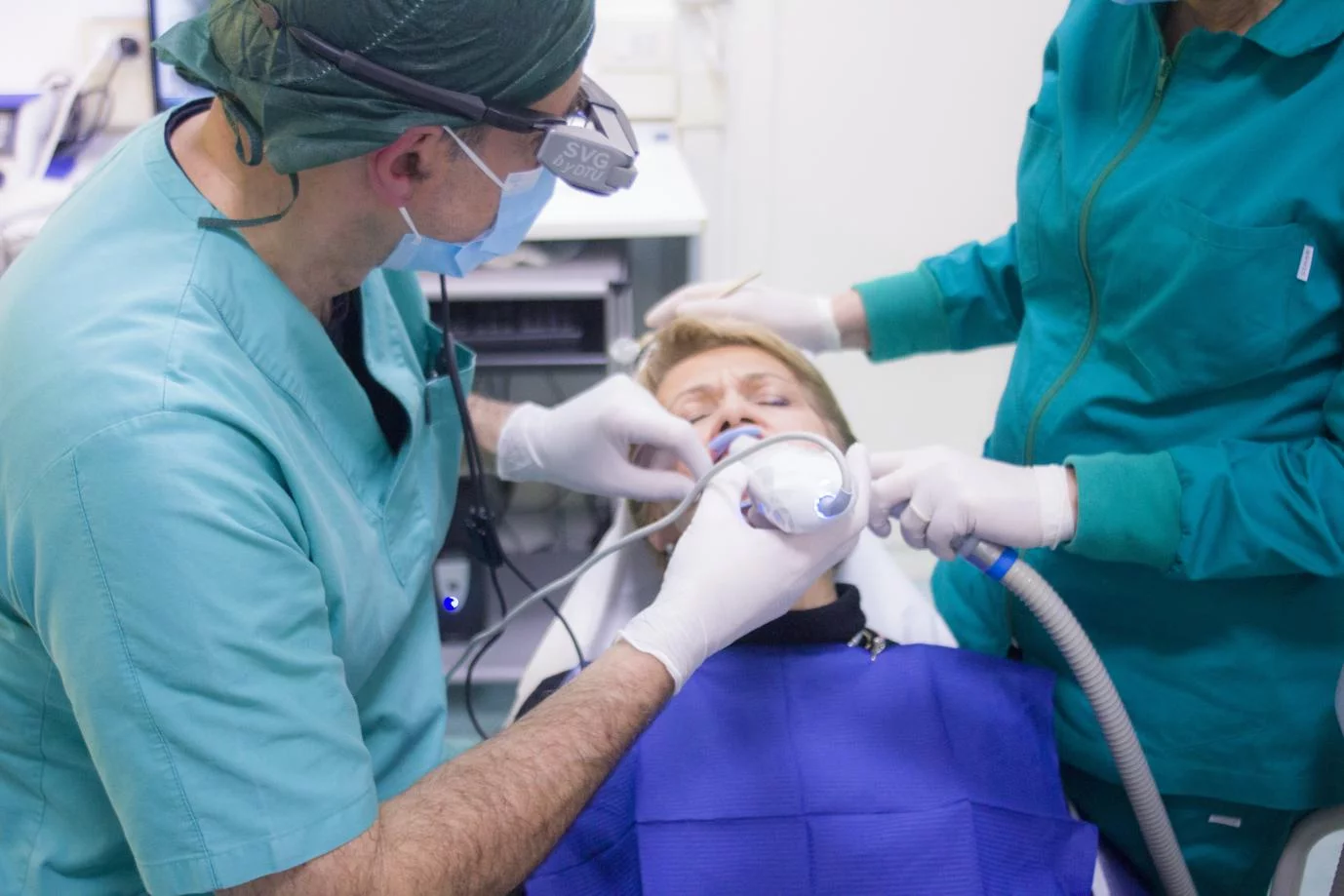The mouth is a breeding ground for millions of bacteria, which can cause serious illness if not properly taken care of. Bad oral health has also been associated with other diseases such as diabetes, heart disease and cancer.
Oral health affects economic, social and physical well-being – particularly among children, older people, and communities that are socially deprived or have historically been left behind by development.
Dental Care
Good dental hygiene has many obvious benefits. It can result in clean teeths with good breath that are linked to serious general health conditions like pneumonia or heart disease. According to the American Dental Association (ADA), this means brushing your teeth twice a day using fluoride toothpaste; flossing once per day; eating a healthy diet and limiting sugary drinks or tobacco use can help prevent gum disease which leads to tooth decay necessitating expensive dental work as well as long-term health problems.
It is estimated that oral diseases affect about 3.5 billion people worldwide; most suffering occurs among marginalized populations defined by age, sex, social status, culture and geographical location (Given 2008). In addition to physical pain caused by cavities in rich countries such as America or European Union member states; there are significant numbers of school or work days lost due these infections because they make individuals unproductive thus reducing their income levels (Mobius & Rosenblat 2006; Guarnizo-Herreno & Wehby 2012a; Hayes et al., Singhal et al.).
Diet
A good diet is necessary for maintaining oral health. This involves taking nutritious foods and drinks such as green tea which should be incorporated into daily meals while ensuring regular attendance at dentist for check-ups and cleans so as to keep high levels of overall mouth care.
It may lead to respiratory conditions like pneumonia where bacterial infection from the mouth travels through inhalation into the lungs causing severe illness; also bacteria could enter systemically leading to different diseases such as cardio vascular events or diabetes requiring hospitalization.
Moreover, pain, discomfort or malnutrition due to dental problems can cause inadequate nutrition. Chewing and swallowing becomes difficult when teeth are missing or damaged hence reducing food intake thereby altering nutritional status that may lead to other medical conditions like heart disease and diabetes on top of which healthcare costs rise while productivity drops both individually and across society.
Smoking
The mouth is part of the body and changes in its health often reflect overall systemic wellbeing. Cardiovascular disease, premature birth and diabetes have been associated with oral cancer, gum disease or poor dental care (USDHHS 2004). Smoking cigarettes/cigars has also been linked to bad oral hygiene; human papilloma virus (HPV) causes cancers in the throat including other illness that negatively affect quality of life (USDHHS 2004).
At this point in time, it is widely known that environmental forces called structural and intermediate determinants (also known as “structural and intermediate determinants”) are crucial to general health. These determinants encompass housing, education, economic development, transportation and public health policy decisions made by government. The new FDI definition and Peres model (2019) consider these factors at different levels; some may not be within the control of an individual but they can be influenced through policies targeting interconnectedness of such factors in impactful ways.
Exercise
An active healthy mouth with good oral function is important for overall wellbeing but can also work against it. This is because bacteria from the mouth can enter other parts of the body through respiratory or digestive systems; poor dental hygiene might even lead to severe diseases like endocarditis – infection on heart linings or valves.
Oral disease burden coupled with lack of care access has devastating effects on physical health status for individuals as well as their social-economic welfare and that of communities too.People’s academic performance especially children may suffer due to teeth/mouth condition while employment opportunities among adults could be significantly affected(Mobius & Rosenblat 2006; Hayes et al 2013).
Hispanic/Latinos might encounter barriers to dental care, however there is more evidence showing higher clinically assessed and self-rated oral health among Hispanics compared with U.S.-born Whites. A “Hispanic paradox” has been noted across multiple illnesses including measures related to oral health(Silveira et al. 2020).







 Linking Oral Health to Overall Wellbeing
Linking Oral Health to Overall Wellbeing  Can You Exercise While Pregnant?
Can You Exercise While Pregnant?  The Rise of Telemedicine and Its Impact on Healthcare
The Rise of Telemedicine and Its Impact on Healthcare  Managing Diabetes With Diet and Exercise Expert Insights and Tips
Managing Diabetes With Diet and Exercise Expert Insights and Tips  Following a Diet Before Bypass Surgery
Following a Diet Before Bypass Surgery  How to Choose a Diet Powder
How to Choose a Diet Powder  5 Healthy Foods to Include in Your Fitness Diet Plan
5 Healthy Foods to Include in Your Fitness Diet Plan  The Best Diet Plan For Fat Loss
The Best Diet Plan For Fat Loss